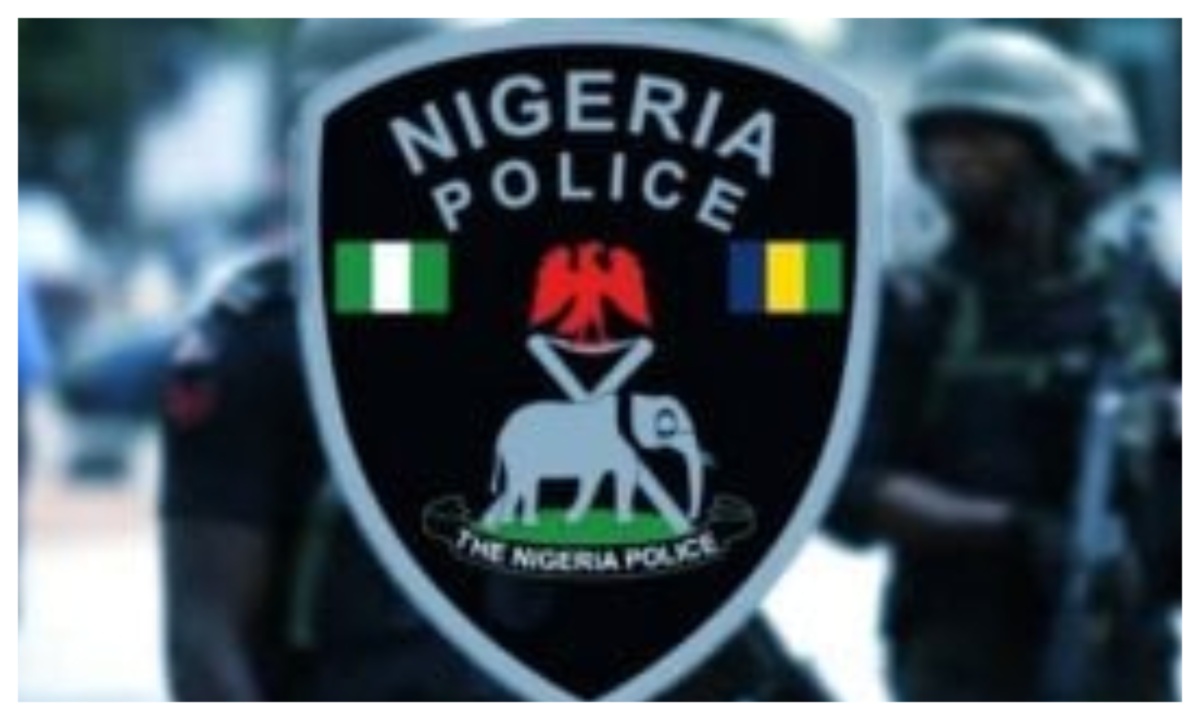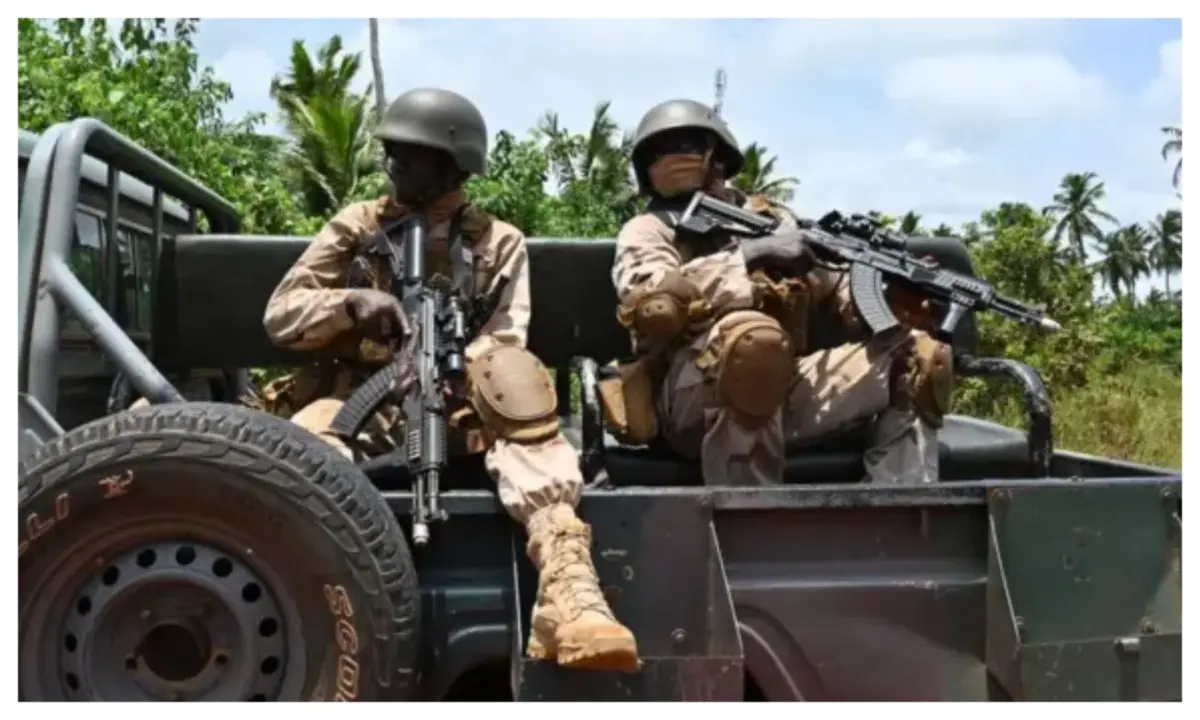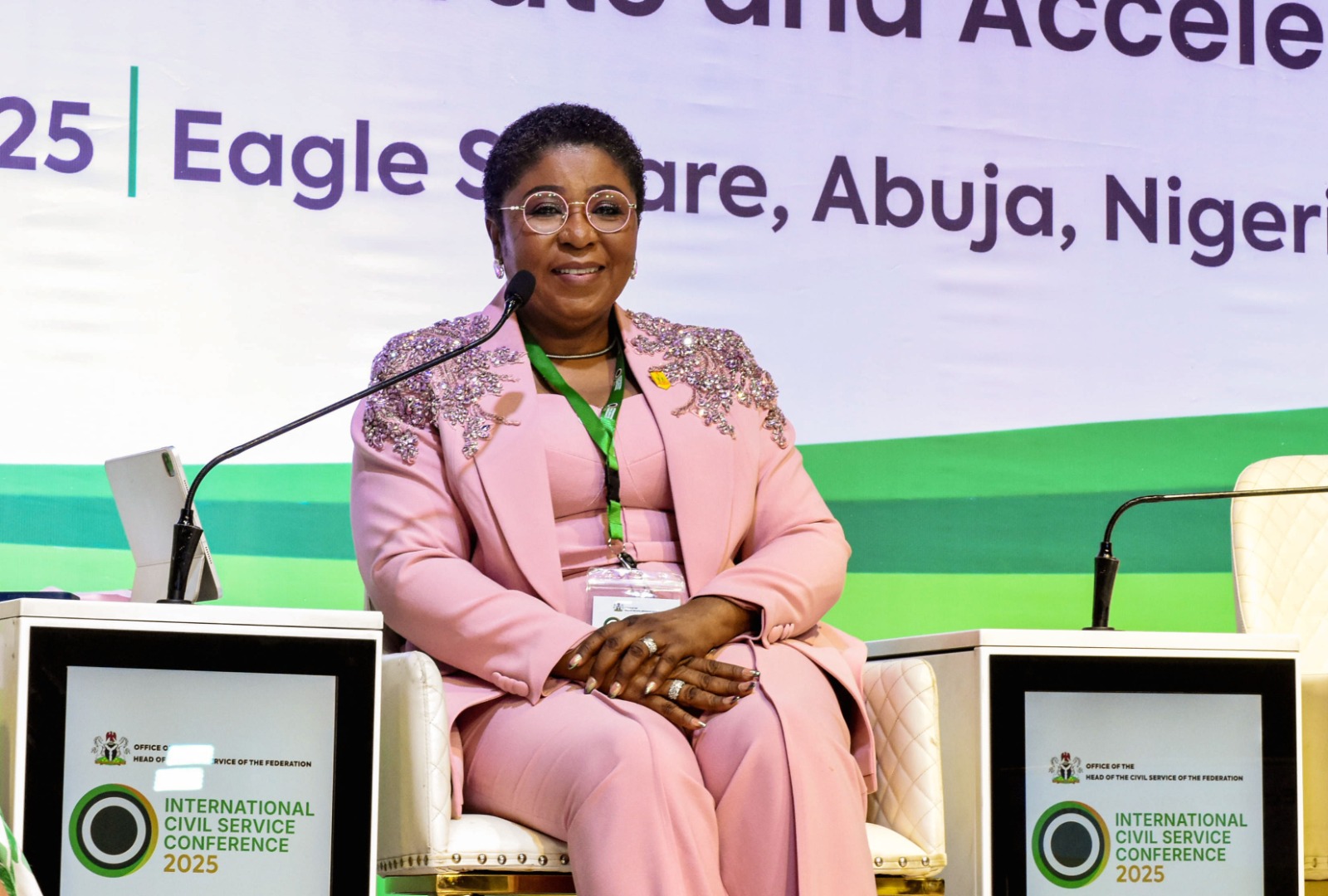A recent case in Kano State has brought renewed attention to the troubling issue of youth violence in Northern Nigeria. The Kano State Police Command has brought charges against a young man identified as Rabi’u Halliru Tudun Yola, who now faces prosecution before a Shari’a Court in Danbare for allegedly causing serious injury during a violent incident.
The Reported Incident: What Happened in Danbare?
Police authorities allege that Rabi’u Halliru was involved in a violent altercation that resulted in the stabbing of a young man named Isma’il Kabiru. The case, presented before Judge Munzali Idris Gwadabe, centers around claims brought forward by Kabiru Bello, the victim’s father. According to multiple local reports, the suspect is accused of stabbing Isma’il in the chest with a pair of scissors.
The victim is reportedly receiving urgent medical care at the Aminu Kano Teaching Hospital, and his current condition has prompted further investigation by both law enforcement and medical staff. While specific details about the circumstances leading up to the altercation are still emerging, the incident has nonetheless intensified concerns over youth safety in Kano’s metropolitan areas.
A Deeper Issue: The Rise of Youth Violence in Kano and Beyond
Incidents like this one highlight a broader challenge facing many Nigerian cities: the persistent problem of gang-related violence and youth clashes. Kano State, in particular, has witnessed a worrying upsurge in juvenile gang activities—known locally as “yan daba”—where disputes are increasingly settled with violence and readily available sharp objects, including knives and scissors.
- Community Impact: Local residents in Danbare and other urban wards report growing anxiety over security, especially for parents whose children commute daily to school or work.
- Law Enforcement Concerns: The Kano State Police Command frequently launches sweeps and awareness campaigns yet acknowledges limitations due to resource constraints and difficulties in tracking informal youth gatherings.
- Wider Social Factors: Experts point to factors such as unemployment, peer pressure, and lack of effective social programs as root causes fueling the cycle of violence among young people.
Public Reactions: Fear, Frustration, and Calls for Action
News of this latest court case has sparked mixed reactions among Kano residents, advocacy groups, and the general public. Some fear a further escalation in retaliatory violence, while others are calling for more comprehensive intervention by both the government and traditional institutions.
“Youth violence is tearing apart the fabric of our communities. We need not just more police, but more youth empowerment and dialogue,” said Dr. Abdullahi Musa, a Kano-based civil society activist, in an interview with local radio station Freedom FM.
On social media, Nigerians from across the country have weighed in, with many urging authorities to ensure a fair legal process while also demanding more investment in public safety and youth rehabilitation.
Comparative Perspective: Are Youth Clashes Unique to Kano?
While Kano State is often in the spotlight due to the frequency and severity of gang-related violence, similar patterns are emerging in other major West African cities, including Lagos (Nigeria), Accra (Ghana), and Abidjan (Côte d’Ivoire). Analyses conducted by the West African Network for Peacebuilding suggest that urban migration, lack of access to quality education, and limited recreational opportunities contribute to the wave of violent incidents across the region.
For example, a 2023 study by the Centre for Democratic Development in Ghana found that nearly 30% of urban youths surveyed admitted to being either directly or indirectly involved in street gang activities or confrontations within the past year (source).
Government and Community Responses: Pathways to a Safer Kano
All tiers of government, spanning local councils, state authorities, and federal ministries, report ongoing plans to address the underlying drivers of youth violence. Common interventions include:
- Community Policing Initiatives: Expanded neighborhood watch and vigilante programs in high-risk areas.
- Youth Empowerment Schemes: Job creation programs, technical skill centers, and urban sports facilities aiming to redirect young people from street gangs to productive activities.
- Peace Education: Campaigns in secondary schools and universities focused on teaching conflict resolution and non-violent communication skills.
- Judicial Reform: Ongoing debates about harmonizing Shari’a and common law approaches to juvenile offenses to ensure fair and transparent legal processes.
Despite these efforts, many local observers argue that results have been mixed, citing the persistence of violent incidents and a lack of sustained funding for social programs. Advocates continue to push for stronger collaboration between police, religious leaders, and civil society groups.
The Legal Angle: What Comes Next for the Suspect?
As proceedings unfold in the Danbare Shari’a Court, legal experts note that cases involving grievous bodily harm are typically prosecuted with a focus on both restorative justice and deterrence. According to legal analyst Barrister Amina Garba:
“Courts in Kano are increasingly aware of the social factors that drive these incidents. Sentencing now often includes mandates for counseling or vocational training alongside custodial penalties, especially for first-time offenders.”
The rights of the accused—including presumption of innocence until proven guilty—remain protected under Nigerian law and Islamic jurisprudence. This ensures that both sides receive fair hearings and that any verdict is grounded in credible evidence.
Regional and Global Implications
The issue of youth violence extends well beyond Kano itself. As similar struggles play out elsewhere across West Africa, observers stress the need for cross-border cooperation, data sharing, and coordinated social policy development. International organizations, such as UNICEF and ECOWAS, continue to call for region-wide approaches to youth protection, peace building, and urban crime prevention (read more).
Ultimately, solving the root causes of violence will require a collaborative approach—one that includes not just policing, but investment in young people’s futures and the involvement of families, schools, and entire communities.
Conclusion: Towards a Safer Community for All
While the court case involving Rabi’u Halliru Tudun Yola is a single episode, it serves as a stark reminder of the urgent need for collective action to curb youth violence in Kano, Nigeria, and across West Africa. The journey to safer streets will demand consistent effort—not only from law enforcement but from families, educators, policymakers, and the youths themselves.
What are your views on rising youth violence in your area? Have you witnessed community-driven solutions that work? Drop your thoughts in the comment section below and let us know how your community is making a difference.
Have a story or tip to share about crime, youth issues, or anything affecting your community? We’d love to help you get your voice heard. Reach out to us at story@nowahalazone.com to get your story featured or discuss story sales.
Need support or want to share feedback? Contact us anytime at support@nowahalazone.com.
Connect with us for breaking news, local updates, and community stories on Facebook, X (Twitter), and Instagram.
Let’s keep the conversation going—share your insights, news tips, or community solutions with us today!










